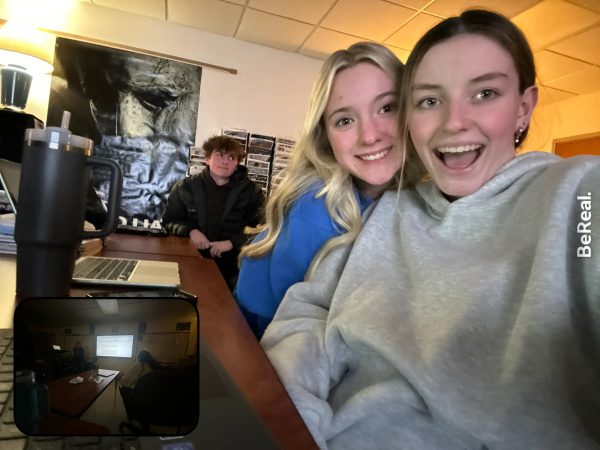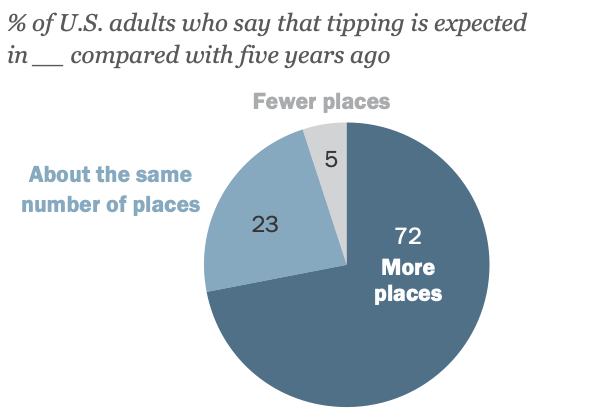The Road Less Traveled
I procrastinated on my college applications. I wasn’t sure where I wanted to go, what I wanted to do, or if I was even meant for college. When I finally submitted my applications to colleges I’d barely researched, just before the deadlines, it didn’t feel like a weight off my shoulders. In fact, it weighs heavier on me now than it did when I was putting off actually applying. Once those applications were submitted, I had to decide where I wanted to go once I was done with high school, who I was going to room with, what I wanted to major in; the list went on and on. It felt like the decisions were never-ending. Honestly, I still don’t have any of it figured out.
In all honesty, I don’t think I’m cut out for the college life. I don’t think a lot of people who apply are, either. Heading to a four-year university right after graduating high school is such a normalized path that so many people feel as though they’re meant to do it, even if it may not suit them best. Not to mention there’s a tremendous amount of pressure in high school to get into a good college because if you don’t, you’re seen as a jobless failure with no future prospects. It’s a terrifying ultimatum, a doomsday finale to close out your senior year.
We never talk about the other options, like community college, the workforce and apprenticeships, gap years, or even a gap semester.
A lot of the time, students who end up at a community college, or take a gap year, are seen as less-than; they are seen as failures. While it’s not true in the slightest, there’s a lot of stigma around choosing these other options.
People view it as the “easy way out,” but that’s simply not true. Community college is a great way to further your education at a more affordable price point, and many community colleges offer transfer programs.
Gap years are, according to Forbes.com, more profitable than ever, with 67% of hiring managers in 2020 stating that a gap year on an applicant’s transcript makes them more likely to be hired. Not only do gap years increase job prospects, they allow for personal growth and they let you truly figure out your path in life. Without all the pressure of schoolwork, you’re free to explore hobbies and interests and travel and even apply for internships that intrigue you.
Some people don’t even need a college degree for their future. For example, the minimum educational requirement for most trade jobs is simply a high school diploma and an apprenticeship. No college degree necessary.
Not to mention that student loan debt is, to say the least, a crisis in the United States. Kids who are 17 and 18 years old just aren’t equipped to sign their life away to financial institutions. Nobody should have to end up in debt for the rest of their life just to further their education, and as much as I’m a fan of the “free college” concept, that’s not the point of this article. The point is, college is a huge decision. Deciding whether or not to attend college has lifelong ramifications. It’s not something that should be taken lightly, and many high school students just aren’t ready for it.
Seniors in high school are by no means prepared for the absolute magnitude of college debt, even if they consider themselves mature enough. We barely have any real-life experiences. Our hands are held, we’re coddled until senior year. We’re thrown headfirst into our final year of high school and expected to know what we’re doing.
There are very few guidelines provided on how to apply to college, how to fill out scholarships, how to decide where you want to go or what you want to do, and the help we do receive is given to us at the last minute. We’re essentially told to “figure it out,” and if you’re anything like me, you might have no idea where to start.
Not only is there immense pressure from our schools, family, and peers to attend college, there’s insurmountable stigma surrounding the decision not to attend. What’s important is to realize that college isn’t for everyone, and that’s okay.

Senior Delaney Gautheir is the Norse Star's Opinions and News editor. She appreciates the opportunities and friendships she has received from being on...







